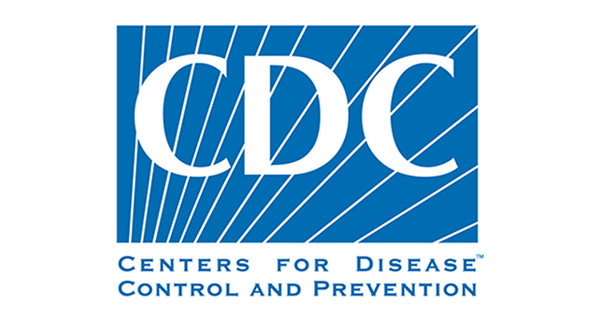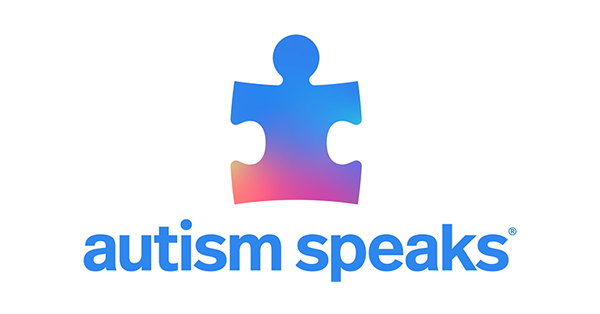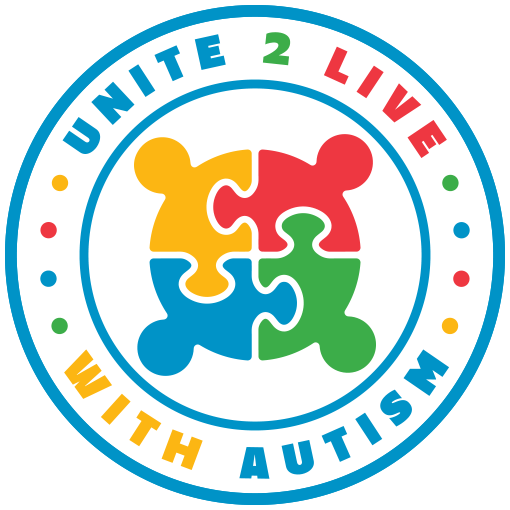A Word On Autism
According to several news outlets, as well as articles, including this one from Forbes, Autism is on the rise among young children. Earlier this year, a new study in the journal Pediatrics looked at more than 4,000 8-year-olds in the New York and New Jersey areas and found that autism rates have tripled over the last 16 years.
In addition, the Centers for Disease Control and Prevention released its update on autism's estimated prevalence among the nation's children. Their research is based on active surveillance across 11 monitoring sites in the U.S. for 8-year-old children in 2020.
The new report shows an increase in prevalence with 1 in 36 children or over 2.7% of 8-year-old children diagnosed with an autism spectrum disorder in 2020, and for the first time reveals higher prevalence rates among Black non-Hispanic, Hispanic, and Asian or Pacific Islander children compared to White non-Hispanic children.
Autism Spectrum Disorder (ASD)
Signs and Symptoms
The range and severity of symptoms can vary widely. Common symptoms include difficulty with communication, difficulty with social interactions, obsessive interests, and repetitive behaviors.
- Delayed language skills.
- Delayed movement skills.
- Delayed cognitive or learning skills.
- Hyperactive, impulsive, and/or inattentive behavior.
- Epilepsy or seizure disorder.
- Unusual eating and sleeping habits.
- Gastrointestinal issues (for example, constipation)
- Unusual mood or emotional reactions.
- Avoids or does not keep eye contact
- Does not respond to name by 9 months of age
- Does not show facial expressions like happy, sad, angry, and surprised by 9 months of age
- Does not play simple interactive games like pat-a-cake by 12 months of age
Uses few or no gestures by 12 months of age (for example, does not wave goodbye) - Does not share interests with others by 15 months of age (for example, shows you an object that they like)
- Does not point to show you something interesting by 18 months of age
- Does not notice when others are hurt or upset by 24 months of age
- Does not notice other children and join them in play by 36 months of age
- Does not pretend to be something else, like a teacher or superhero, during play by 48 months of age
- Does not sing, dance, or act for you by 60 months of age
RESTRICTED OR REPETITIVE BEHAVIORS OR INTERESTS
People with ASD have behaviors or interests that can seem unusual. These behaviors or interests set ASD apart from conditions defined by problems with social communication and interaction only.
Examples of restricted or repetitive behaviors and interests related to ASD can include:
- Lines up toys or other objects and gets upset when order is changed
- Repeats words or phrases over and over (called echolalia)
- Plays with toys the same way every time
Is focused on parts of objects (for example, wheels) - Gets upset by minor changes
- Has obsessive interests
- Must follow certain routines
- Flaps hands, rocks body, or spins self in circles
- Has unusual reactions to the way things sound, smell, taste, look, or feel
OTHER CHARACTERISTICS
Most people with ASD have other related characteristics. These might include:
- Delayed language skills
- Delayed movement skills
- Delayed cognitive or learning skills
- Hyperactive, impulsive, and/or inattentive behavior
- Epilepsy or seizure disorder
- Unusual eating and sleeping habits
- Gastrointestinal issues (for example, constipation)
- Unusual mood or emotional reactions
- Anxiety, stress, or excessive worry
- Lack of fear or more fear than expected
It is important to note that children with ASD may not have all or any of the behaviors listed as examples here.
If you feel that your child may have Autism, it is imperative that you have them tested and diagnosed.
Resources
-

-

Collective Social Services
Learn MoreProviding specialized services for people with developmental disabilities. Assessment and diagnosis, counseling, family support, advocacy for legal protection and many more services are available for individuals and their families.
-

Autism Speaks
Learn MoreAutism Speaks is dedicated to creating an inclusive world for all
individuals with autism throughout their lifespan. We do this through
advocacy, services, supports, research and innovation, and advances in care for autistic individuals and their families.




